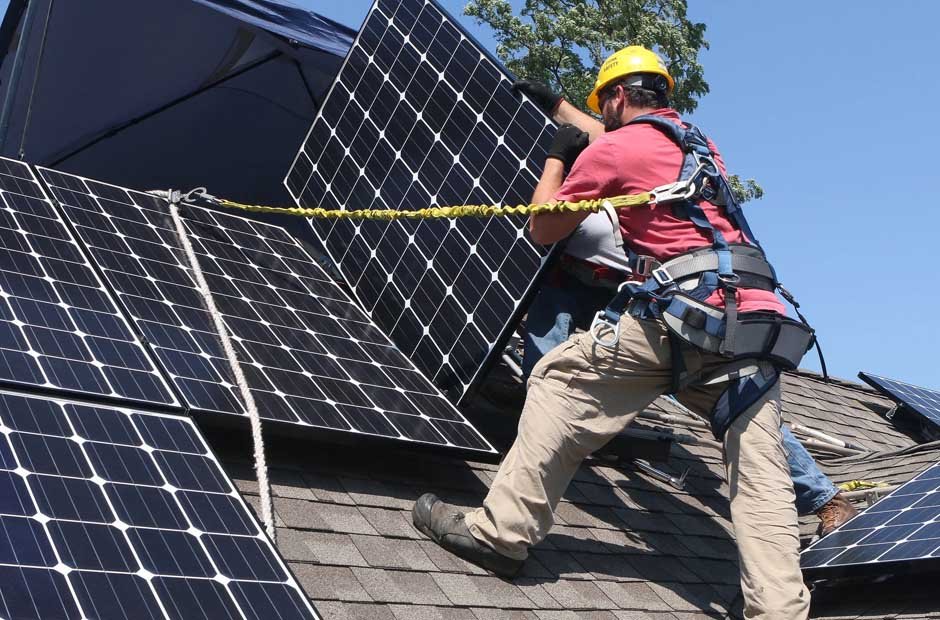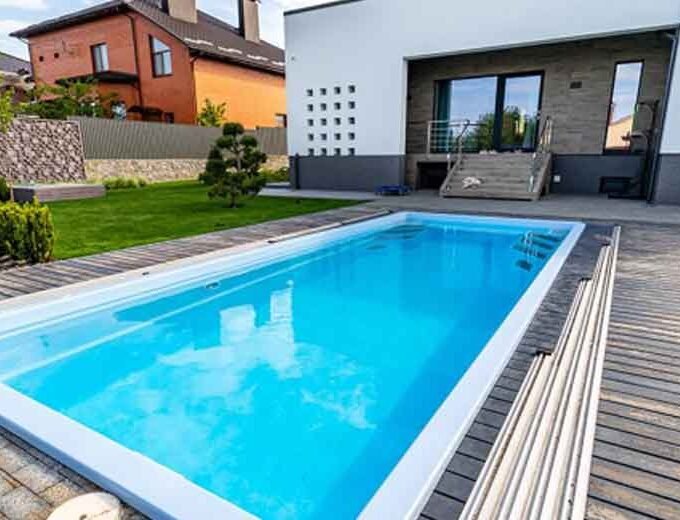In recent years, the demand for renewable energy sources has been on the rise, with solar power emerging as a popular choice for homeowners. Solar panels, which convert sunlight into electricity, have proven to be an effective and sustainable solution for reducing carbon footprint and lowering energy costs. As we look ahead to the year 2024, it is crucial to evaluate whether investing in solar panels for your home is a smart decision. In this comprehensive guide, we will explore the various aspects of solar panel for home installations, their benefits, and the factors to consider before making the investment.
The Benefits of Solar Panels for Homeowners
Solar panels offer numerous advantages to homeowners, making them an attractive option for those seeking to embrace sustainable energy solutions. Let’s delve into some of the key benefits:
- Reduced Energy Costs:
One of the primary reasons homeowners choose solar panels is to save money on their energy bills. By harnessing the power of the sun, you can generate electricity for your home, reducing your reliance on traditional energy sources. Over time, the savings can be significant, and the investment in solar panels can pay for itself.
- Environmental Impact:
Solar energy is a clean and renewable energy source that helps reduce greenhouse gas emissions. By installing solar panel for home, you can contribute to a greener future and minimize your carbon footprint. The use of solar energy also helps decrease the dependence on fossil fuels, which are finite resources.
- Government subsidy:
To encourage the adoption of solar energy, governments worldwide offer various subsidies and tax credits to homeowners who install solar panels. These subsidies can significantly reduce the upfront costs and make solar panel for home installations more affordable.
- Energy Independence:
Generating your own electricity through solar panels reduces your dependence on the grid. This energy independence provides a sense of security, especially during power outages or energy price fluctuations. Solar panels also increase the resilience of your home, ensuring you have a stable energy source.
Factors to Consider Before Investing in Solar Panels
While the benefits of solar panel for home are clear, it is crucial to consider several factors before making the investment. Here are some key considerations:
- Cost Analysis:
Before deciding to install solar panels, it is essential to evaluate the costs involved. This includes not only the upfront installation costs but also ongoing maintenance expenses. Additionally, consider the potential energy savings over the long term to determine the return on investment.
- Solar Potential:
Assess the solar potential of your home by evaluating factors such as the orientation and tilt of your roof, shading from nearby buildings or trees, and the average amount of sunlight your area receives. A solar professional can provide a comprehensive analysis to determine if your home is suitable for solar panel for home installations. More sun exposure means high energy generation. This increases your home’s potential to save with solar power installation. Many states in India receive 3 to 5 peak sun hours. In summer, India has the longest days with a high number of daylight hours. India has around 300 clear and sunny days in a year. Your location’s average sun hours are a key factor in deciding how much solar power output you can get with solar installation in India.
- Energy Consumption:
Understanding your energy consumption patterns is crucial in determining the size of the solar panel system you need. Analyze your past energy bills to identify your average monthly usage and peak demand. This information will help you select the appropriate system size and maximize your energy savings.
- Available Subsidy:
Research the government subsidies, rebates, and tax credits available in your area. These financial subsidies can significantly offset the upfront costs of solar panel for home installations and make the investment more financially viable. Consult with local authorities or solar installation companies to explore the subsidy you may be eligible for.
Is Solar Panel Installation a Smart Investment in 2024?
As we look ahead to 2024, the solar industry is expected to continue its growth trajectory. Technological advancements will likely drive down the costs of solar panel installations, making them even more accessible and affordable for homeowners. Additionally, the increasing awareness of climate change and the need for sustainable energy sources will continue to push individuals towards investing in solar panels.
Moreover, the potential savings on energy bills, along with government subsidy, make solar panel installations financially attractive. The return on investment for solar panels is typically realized within a few years, and the panels themselves have a lifespan of 25 years or more. This means that homeowners can enjoy decades of energy savings and potentially even sell excess electricity back to the grid.
It is important to note that the decision to buy solar panel for home should be based on individual circumstances and preferences. Factors such as location, available sunlight, energy consumption, and financial considerations should all be taken into account. Consulting with solar professionals and conducting a thorough cost-benefit analysis will help homeowners make an informed decision.
Average Payback Period for Residential Solar
- Approximate total investment
- Let’s assume system details to be as follows:
Size: 3kW, Average cost sans subsidy: ₹2,25,000
Subsidy offered: ₹43764
So approximate total investment is ₹1.81 lakhs (2,25,000-43,000)
(These are just approximate numbers. The actual number may vary)
- Average yearly bill
- Your current expenditure on electricity.
Suppose, your unit consumption per year is 4300 units. Considering tariff per unit as ₹13. (Tariff per unit is different in different states)
So the average yearly bill comes to around 4,300*₹13 = ₹56,000.
- Payback period
- Savings on solar
Yearly units by a 3 kW system: 4,380 units. Here tariff per unit is ₹0.
So yearly savings with solar comes around ₹56,000.
(You save ₹41,000 with solar because you don’t have to pay the electricity bill)
So within 4 years, savings goes up to ₹56,000*4= ₹2,24,000
Also note electricity rate increases up 3-10% every year. So the actual savings will be more than the above calculated number.
Some Facts Related To Solar Panels
- 90%–97% of solar panel materials can be recycled and reused for other purposes when they break down
- Many early models of solar panels from the 1980s are still in use today
- A well-designed solar panel system can curb your power bill upto 75%
- According to Solstice.com, there are 40-year-old solar panels that are still operational with 80% or more efficiency.
- The tariff rates for rooftop solar in comparison to industrial and commercial tariff rates are cheaper by 17% and 27% respectively.
Conclusion
In conclusion, investing in solar panels for your home can be a smart decision in 2024. With the numerous benefits they offer, including reduced energy costs, environmental impact, government subsidy, and energy independence, solar panels provide an attractive option for homeowners looking to embrace sustainable energy solutions.
So, if you are considering investing in solar panels for your home in 2024, take the time to research, consult with professionals, and evaluate your individual circumstances. By doing so, you can make a smart investment that not only reduces your carbon footprint but also provides long-term financial savings. Embrace the power of solar energy and contribute to a greener and more sustainable future.
















